Kodėl aš Eplui, Gūglui ir Maikrosoftui pasakiau sudie
Autorius: Denas Gilmoras Šaltinis: https://medium.com/backchannel... 2015-02-27 13:24:53, skaitė 8613, komentavo 1

Why I’m Saying Goodbye to Apple, Google and Microsoft
I’m putting more trust in communities than corporations
When I became a technology columnist in the mid-1990s, the public Internet was just beginning its first big surge. Back then, I advised my readers to avoid the semi-political, even religious battles that advocates of this or that technology platform seemed to enjoy. Appreciate technology, I urged, for what it is — a tool — and use what works best.
So why am I typing this on a laptop running GNU/Linux, the free software operating system, not an Apple or Windows machine? And why are my phones and tablets running a privacy-enhanced offshoot of Android called Cyanogenmod, not Apple’s iOS or standard Android?

Photo: Talia Herman/Backchannel
Because, first of all, I can get my work done fine. I can play games. I can surf endlessly. The platform alternatives have reached a stage where they’re capable of handling just about everything I need.
More important, I’ve moved to these alternative platforms because I’ve changed my mind about the politics of technology. I now believe it’s essential to embed my instincts and values, to a greater and greater extent, in the technology I use.
Those values start with a basic notion: We are losing control over the tools that once promised equal opportunity in speech and innovation—and this has to stop.
Control is moving back to the center, where powerful companies and governments are creating choke points. They are using those choke points to destroy our privacy, limit our freedom of expression, and lock down culture and commerce. Too often, we give them our permission—trading liberty for convenience—but a lot of this is being done without our knowledge, much less permission.
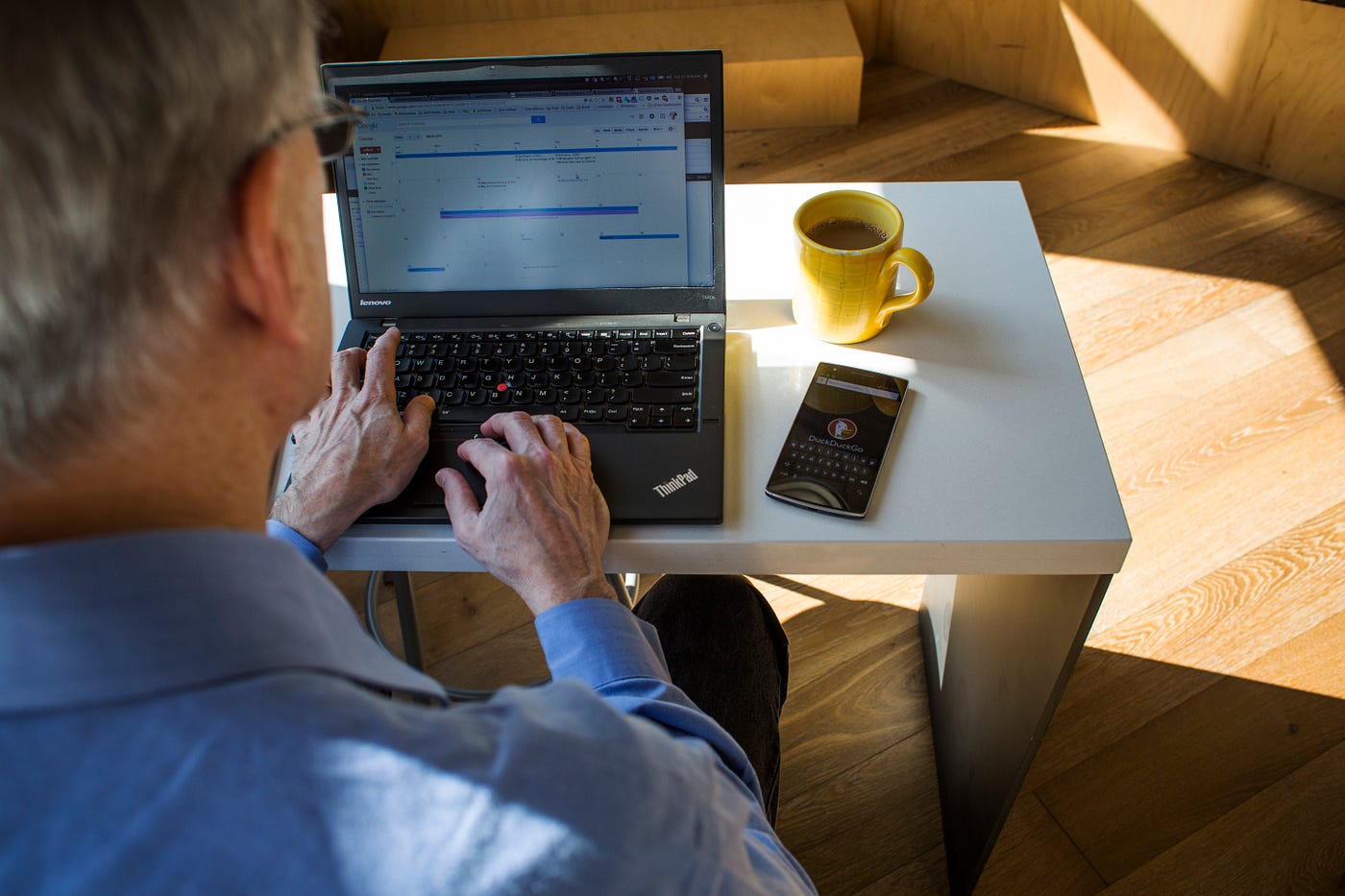
The tools I use now are, to the extent possible, based on community values, not corporate ones.
I’m not acting on some paranoid fantasies here. I’m emulating, in the tech sphere, some of the principles that have led so many people to adopt “slow food” or vegetarian lifestyles, or to minimize their carbon footprint, or to do business only with socially responsible companies.
Nor do I intend to preach. But if I can persuade even a few of you to join me, even in some small ways, I’ll be thrilled.

I’m the first to recognize, meanwhile, that I’m still a long way from achieving true tech liberty. Maybe it’s impossible, or close to it, in the near and medium terms. But this is a journey—a continuing journey—worth taking. And if enough of us embark on it, we can make a difference.
Part of my conversion stems from an abiding distaste for corporate and government control-freakery. If we believe in liberty, we have to realize that we take risks to be more free. If we believe in competition, we sometimes have to intervene as a society to ensure that it’s fair.
One way we try to ensure fair competition is enforcement of laws designed to promote it, notably antitrust rules that seek to prevent dominant companies from abusing their dominance. A classic example emerged in the 1990s: Microsoft, a company that had outsmarted and/or outsleazed IBM and everyone else in its rise to pure dominance in the operating system and office “productivity” software markets.
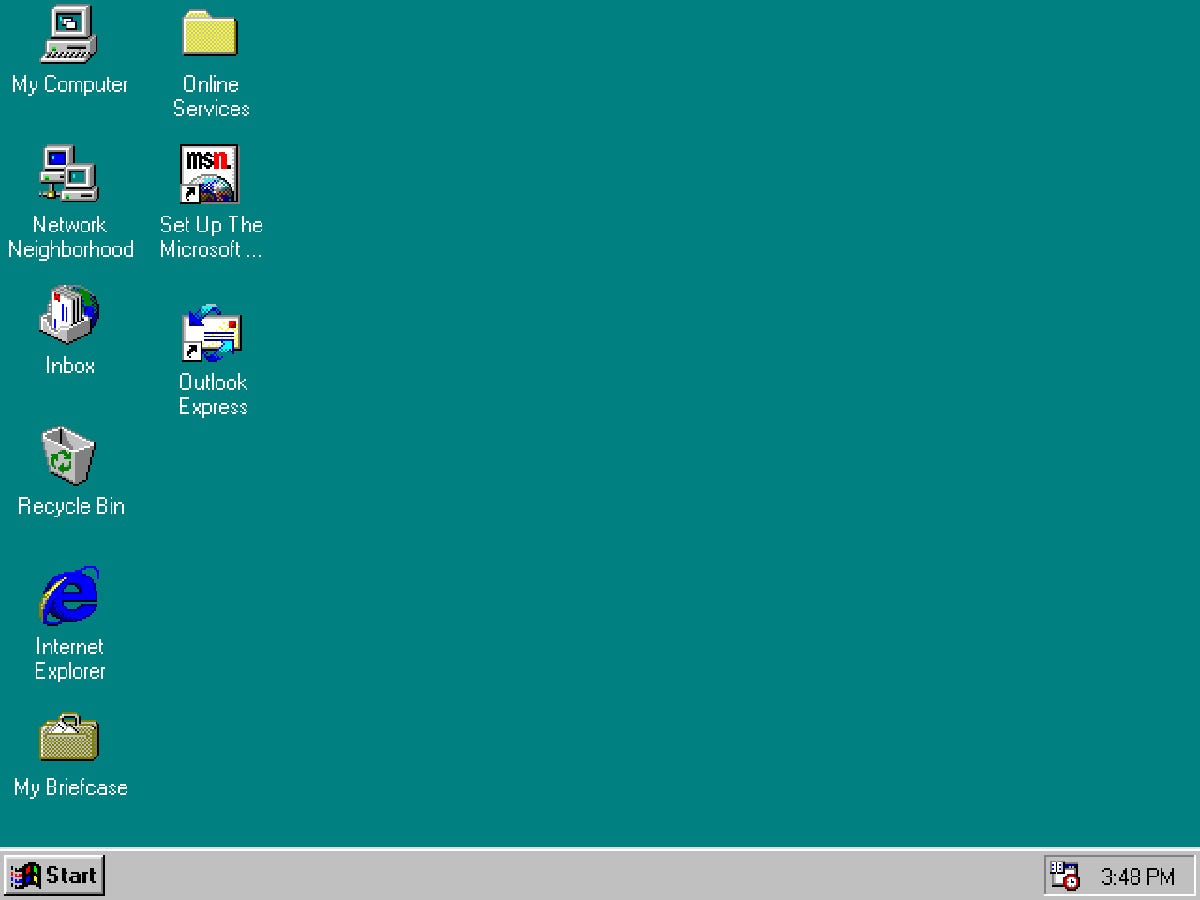
Microsoft’s software wasn’t the best in many cases, but it was more than good enough — and the company’s business tactics ranged from brilliant to ugly, often both at the same time. The Clinton administration, weak-kneed earlier in the decade, finally realized it needed to prevent Microsoft from unfairly leveraging its Windows/Office dominance to rule the next generation of computing and communications, and the late-1990s antitrust suit helped give innovators such as Google a chance to emerge.
My column regularly took Microsoft to task for its various transgressions.
Around the turn of the century, my distaste for the company’s
business practices boiled over.
I made a personal “declaration of independence” from the software company, at least to the extent possible at the time. I moved (back) to an Apple Macintosh — which by then had adopted a serious, modern operating system running on great hardware — and apart from using Microsoft Office from time to time I largely liberated myself from sending money to a company I didn’t respect. Apple made it easy to stick with my switch, because the MacOS and Mac hardware became best-of-class during that period—and lots of people discovered, as I had, that the Windows ecosystem was giving them more trouble than it was worth.
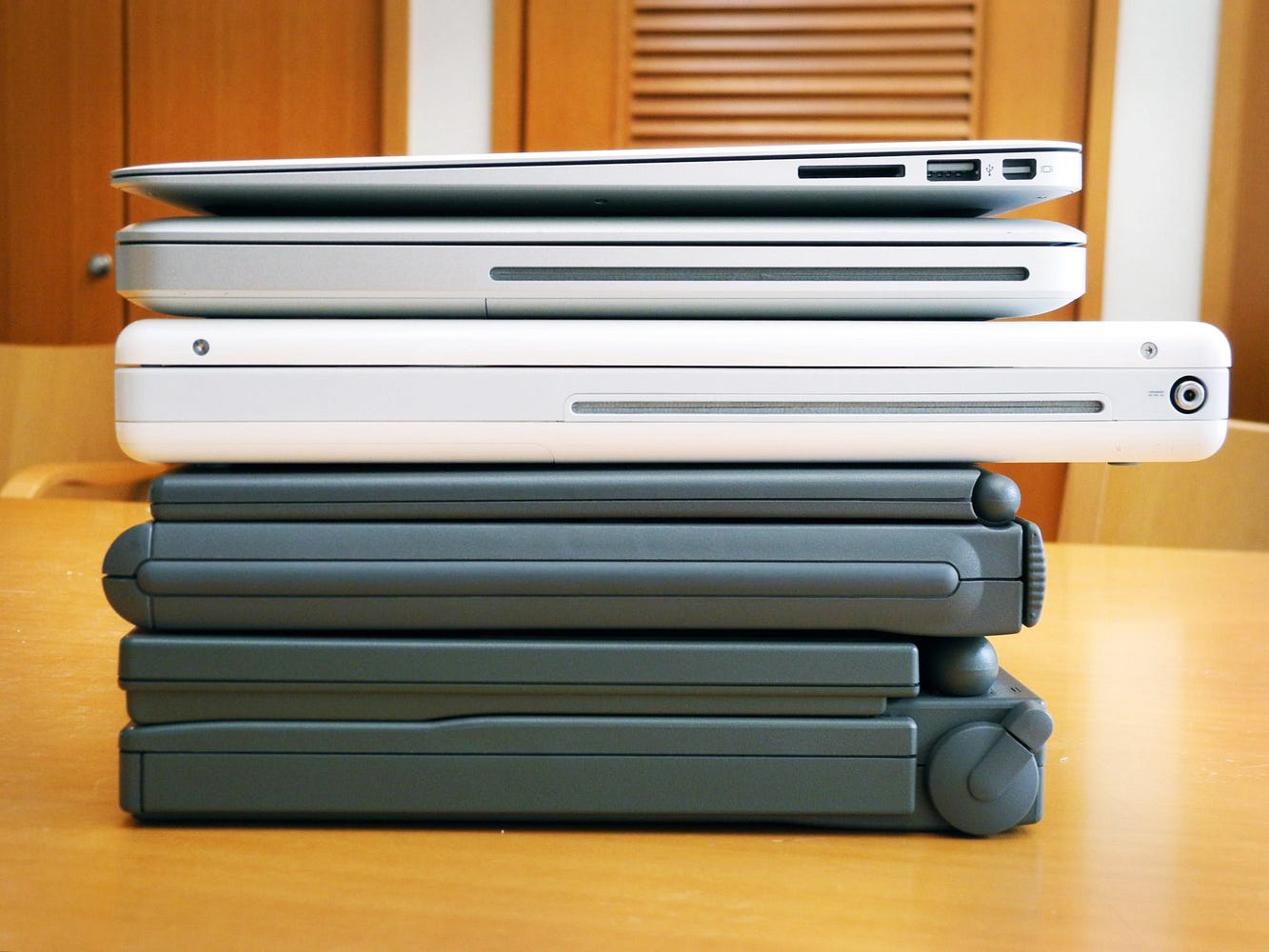
At Silicon Valley press events in the early- to mid-2000s, I’d often be one of two journalists with Mac laptops (the other was the New York Times’ John Markoff, who’d adopted the Mac early on and stayed with it). A decade later, just about everyone in the tech press has switched to the Mac. Apple has done an absolutely spectacular job of creating technology in the past 15-plus years. I used to say that while Windows tended to get in my way, the Mac OS tended to get out of my way. For years I recommended it to anyone who’d listen.
Yet now when I attend tech events, I’m one of the few people not using a Mac or an iPad. What happened?
Three things: the expanding power of Apple and a new generation of tech giants; a reassertion of my own social-justice geekery; and solid alternatives.
In Steve Jobs’s eras as CEO, Apple reflected his character and qualities. That was thrilling in most ways, because he demanded something close to perfection. But then the underdog revolutionized mobile computing and became the winner—one day we all realized it was one of the planet’s most powerful, profitable and valuable companies. Apple became the kind of company I prefer not to support: control-freakish to a fault with customers,software developers and the press; and, I came to believe, even dangerous to the future of open networks and user-controlled technology.
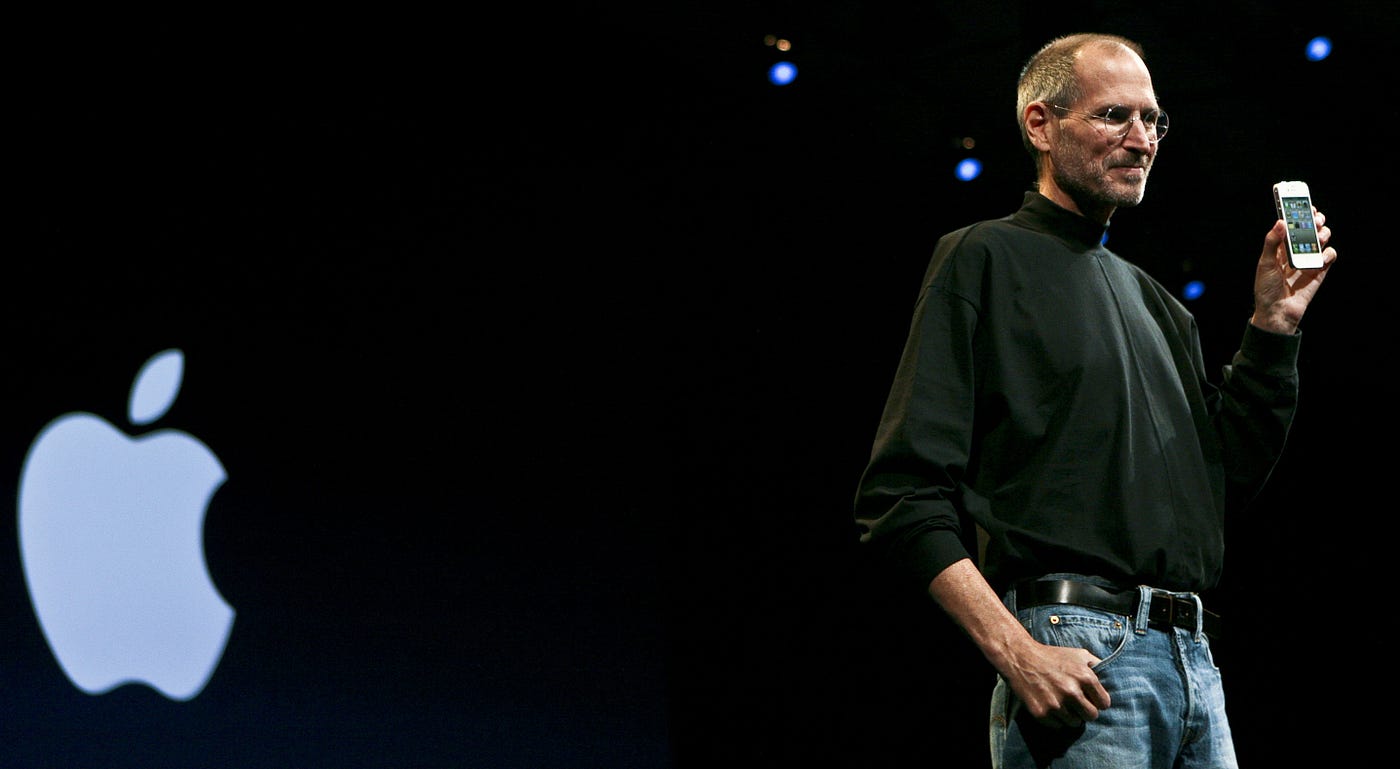
At the same time, Google and Facebook, among others, were emerging as powers of a different kind: centralized entities that use surveillance as a business model, stripping away our privacy in return for the great convenience they provide. Our mobile devices—and even our PCs, the key tools for tech liberty in earlier decades—increasingly came with restrictions on how we could use them.
I’d periodically played with Linux and other alternatives on my PC over the years, but always found the exercise tedious and, in the end, unworkable. But I never stopped paying attention to what brilliant people like Richard Stallman and Cory Doctorow and others were saying, namely that we were leading, and being led, down a dangerous path. In a conversation with Cory one day, I asked him about his use of Linux as his main PC operating system. He said it was important to do what he believed in—and, by the way, it worked fine.
Could I do less, especially given that I’d been public in my worries about the trends?
So about three years ago, I installed the Ubuntu variant — among the most popular and well-supported — on a Lenovo ThinkPad laptop, and began using it as my main system. For a month or so, I was at sea, making keystroke errors and missing a few Mac applications on which I’d come to rely. But I found Linux software that worked at least well enough, and sometimes better than its Mac and Windows counterparts.
And one day I realized that my fingers and brain had fully adjusted to the new system. Now, when I used a Mac, I was a bit confused.
I’ve owned several more ThinkPads. My current model is a T440s, which strikes me as the best combination of size, weight, upgradability, customer service, and price. Ubuntu supports lots of hardware, but has been especially friendly to ThinkPads over the years. It’s also possible to buy computers preloaded with Linux, including several laptops from Dell, to avoid a lot of the hassle. (After Lenovo’s stunningly incompetent violation of its Windows customers’ security in a recent debacle, I’m glad that I a) don’t use Windows, and b) have hardware alternatives.)
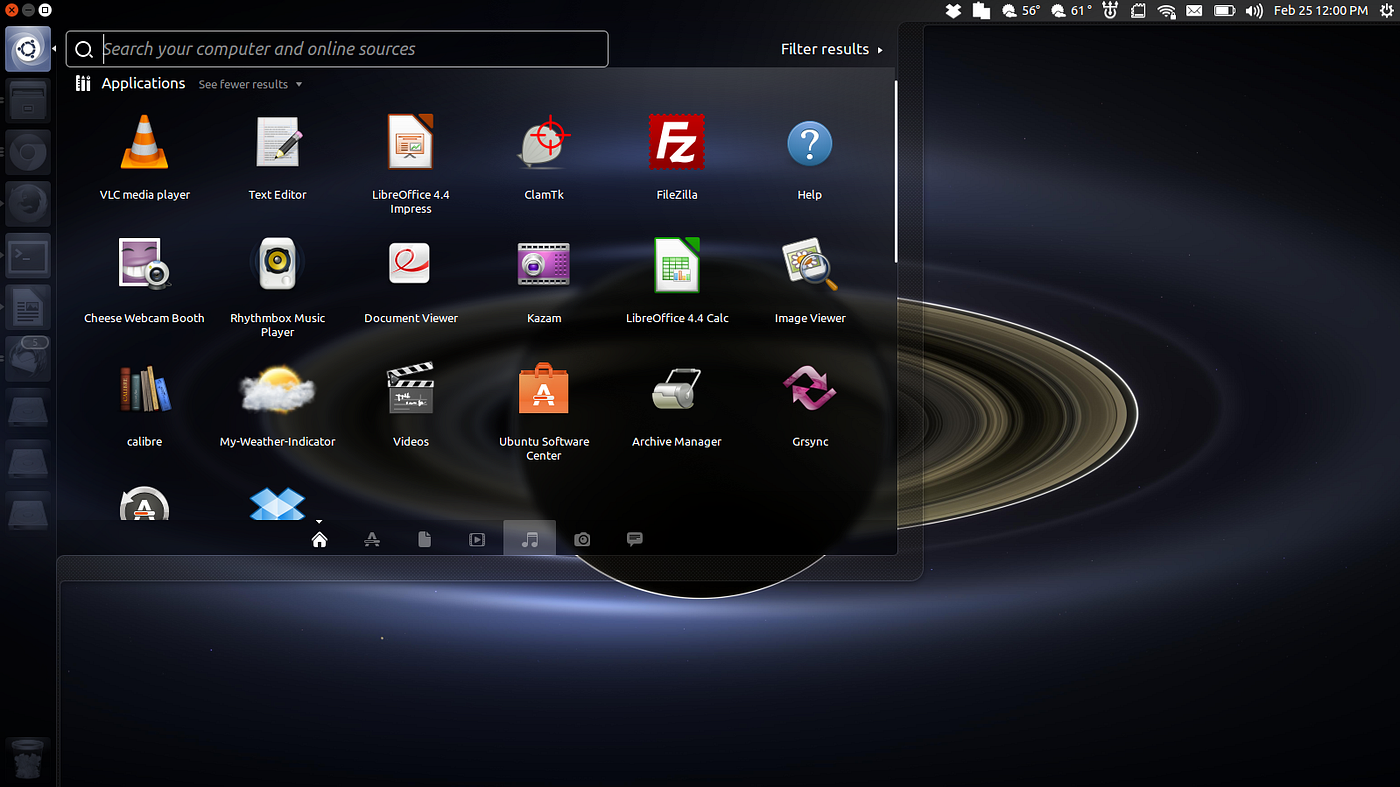
Just about every kind of software I need is available for Linux, even if it often isn’t as slick as the Windows or Mac products it replaces. LibreOfficeis an adequate Microsoft Office substitute for the things I do. Mozilla’s Thunderbird handles my email fine. Most major browsers come in Linux versions; I use Mozilla Firefox most of the time.
Some tasks I can’t do as well with Linux, such as complex screencasting — recording what the screen is doing, adding a voice-over track and perhaps a video inset, and zooming in to highlight specific items. I’d gladly pay for something like this in Linux, but it’s simply not available, as far as I can find. So I switch back to Windows, the operating system that came with the ThinkPad, and run a program called Camtasia.
As mobile computing has become more dominant, I’ve had to rethink everything on that platform, too. I still consider the iPhone the best combination of software and hardware any company has offered, but Apple’s control-freakery made it a nonstarter. I settled on Android, which was much more open and readily modified.
But Google’s power and influence worry me, too, even though I still trust it more than many other tech companies. Google’s own Android is excellent, but the company has made surveillance utterly integral to the use of its software. And app developers take disgusting liberties, collecting data by the petabye and doing god-knows-what with it. (Security experts I trust say the iPhone is more secure by design than most Android devices.) How could I walk my talk in the mobile age?

A third-party community movement has emerged around Android, taking the basic software and making it better. One of the most important modifications is giving users much more control over the privacy settings than Google permits with standard Android.
One of the best established of these projects is Cyanogenmod. It was preloaded on one of my phones, a new model called the OnePlus One, and I installed it on an older Google-branded phone. Not only do I make use of the enhanced “Privacy Guard” settings, but messaging is encrypted by default — something every phone and carrier should emulate (Apple does, but the Android providers are slow on this).
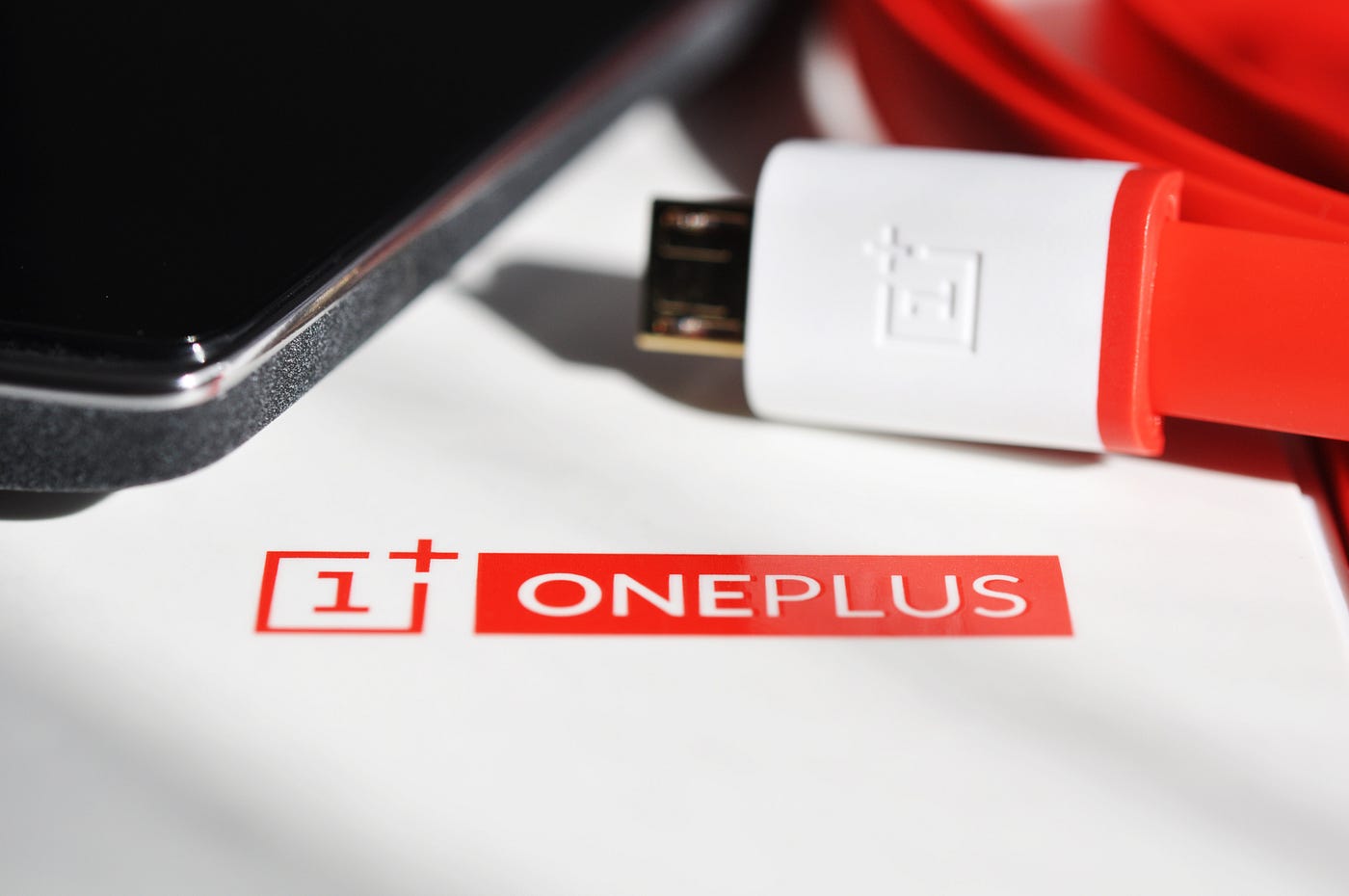
Cyanogenmod has become more than a collection of volunteers. Some of its creators have spun off a for-profit company, which has raised money from Silicon Valley investors. Like many others in the alternate Android world, I’m worried that this will lead Cyanogen toward bad behavior and away from its user-in-control roots. If that happens, I can try lots of other community-created versions of Android. (This concern also applies to OnePlus, which after a dispute with Cyanogenmod, is moving toward a proprietary operating system.)
My inner nerd—I learned a programming language in high school and have had computers since the late 1970s—finds all of this fun, at least when it’s not annoying. I love exploring the tech I use. For others who just want stuff to work, I wish all this was drop-dead simple. It is getting better: easier, more reliable and certainly good enough. But regaining some control still takes work, especially on the mobile side.
And, after all I’ve done to become more independent, a confession: I’m still using some Microsoft and Google software—making me at least a partial hypocrite. Google Maps is one of the few indispensable features of my smartphone (Open Street Map is a fantastic project but not wonderful enough), and as I mentioned above, I still have an occasional need for Windows. The journey to tech liberty has endless detours, because all of this is endlessly nuanced.

So I keep looking for ways to further reduce my dependence on the central powers. One of my devices, an older tablet running Cyanogenmod, is a test bed for an even more Google-free existence.
It’s good enough for use at home, and getting better as I find more free software — most of it via the “F-Droid” download library — that handles what I need. I’ve even installed a version of Ubuntu’s new tablet OS, but it’s not ready, as the cliche goes, for prime time. Maybe the Firefox OS will be a player.
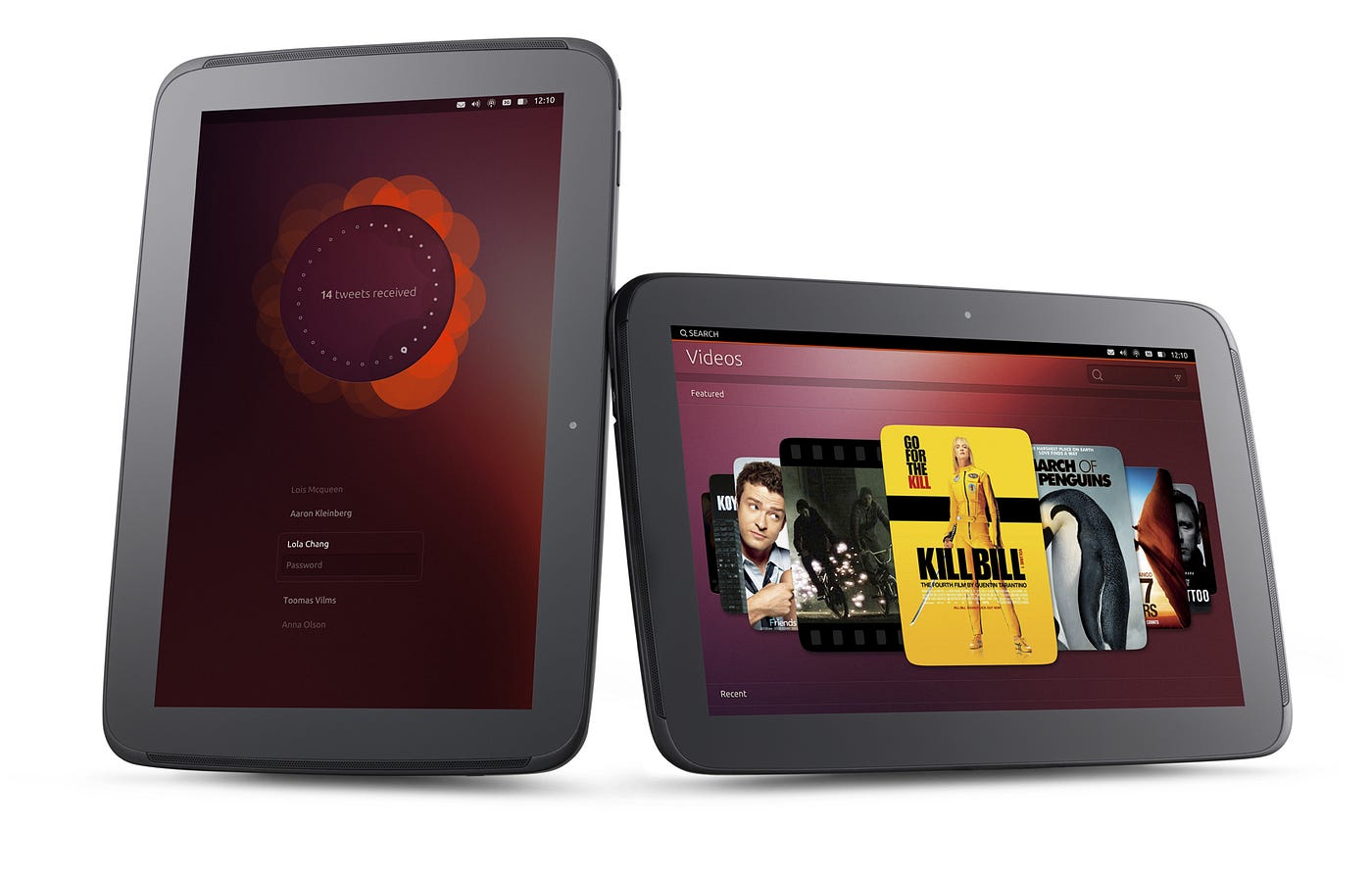
But I’ve given up the idea that free software and open hardware will become the norm for consumers anytime soon, if ever—even though free and open-source software is at the heart of the Internet’s back end.
If too few people are willing to try, though, the default will win. And
the defaults are Apple, Google and Microsoft.
Our economic system is adapting to community-based solutions, slowly but surely. But let’s face it: we collectively seem to prefer convenience to control, at least for the moment. I’m convinced more and more people are learning about the drawbacks of the bargain we’ve made, wittingly or not, and someday we may collectively call it Faustian.
I keep hoping more hardware vendors will see the benefit of helping their customers free themselves of proprietary control. This is why I was so glad to see Dell, a company once joined at the hip with Microsoft, offer a Linux laptop. If the smaller players in the industry don’t themselves enjoy being pawns of software companies and mobile carriers, they have options, too. They can help us make better choices.
Meanwhile, I’ll keep encouraging as many people as possible to find ways to take control for themselves. Liberty takes some work, but it’s worth the effort. I hope you’ll consider embarking on this journey with me.